|
At the end of a treatise in which she takes on Rousseau's analysis of human progress, Olympe de Gouges makes the following proposal: a second French theatre, or The National Theatre. A great number of well-born women are ruined because men, who have seized everything for themselves have prevented women to elevate themselves, and to obtain for themselves useful and lasting resources. Why should my sex not one day be rescued from this thoughtlessness to which their lack of emulation exposes them? Women have always written. They have been allowed to contend with men in the theatrical profession. But they would need proof of greater encouragement. Such is my plan: She goes on to describe an institution that would take in children from respectable but poor families, educate them in the arts and train them as actors, but always with a view to their respectability. After a few years, these children would constitute a troop of actors and would be offered the opportunity to produce plays. Those that chose not to, could pursue any other career in the arts. But as many of the fashionable plays of the times were not, to Olympe's mind, respectable, she would enlist the help of writers who are not given to scurrulous plots, and whose works are not usually performed, i.e. women. She says she herself has 32 plays ready to go, and that many other women have penned good plays.
Thus Olympe aims to kill two birds with one stone: Give women playwrights the chance to work, and reform the arts by providing a national artistic education so that would be artists do not resort to demeaning themselves in order to pursue their arts.
0 Comments
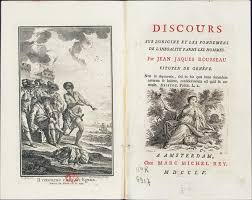 A most fashionable way of thinking about politics in the 18th century, was to hypothesize what life would be like without any form of political government, and argue that it would intolerable, so that no matter how badly off we might be in this world, in a world without government, we would be worse off. This relied on the assumption that in the state of nature, we would be unhappy. As Hobbes famously put it, life in the state of nature would be 'nasty, brutish and short'. Rousseau is often portrayed as disagreeing with Hobbes on this. After all, the savage human being for him is carefree and happy, living in a land of plenty, and has no need for war or strife. But even Rousseau believed that as soon as one human being meets another, they become enemies, compete and war against each other. The only way out is civilization and government. One writer stands out in disagreement with this pessimistic view of humanity in its 'natural' state - or rather she would stand out if she were still read. Olympe de Gouges wrote a short philosophical treatise in 1788, in which she argued, against Rousseau, that human beings in the state of nature would have been, not only happy, but quite capable of living with each other, collaborating on projects and forming lasting loving relationships.
What does she base her belief on? Her own childhood experience of a simple, free and outdoors upbringing. In Le Bonheur Primitif, she speculates on the daily lives of the people Rousseau calls 'savages'. She surmises, for example, that the way in which the first breads were made may have been similar to how she was making bread as a child, laying the dough on hot ashes, and remembers how pleasant that experience was. This, she claims, gives her an insight into the lived experience of primitive people. |
About
This is where I live blog about my new book project, an intellectual biography of three French Revolutionary women philosophers. Categories
All
Archives
November 2022
|
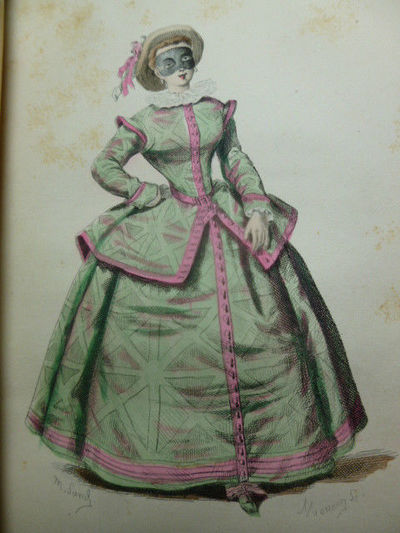
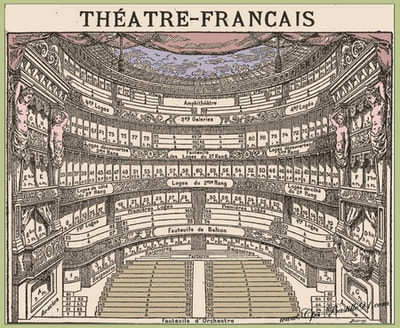
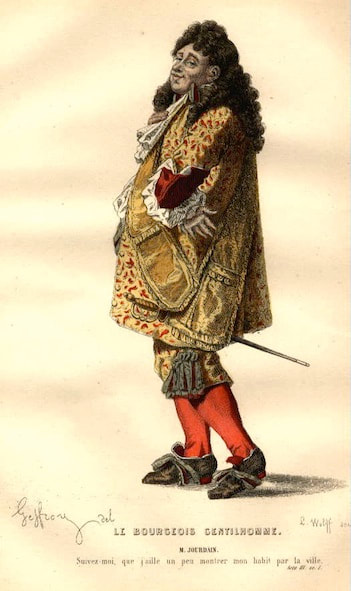
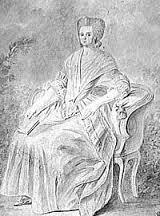
 RSS Feed
RSS Feed